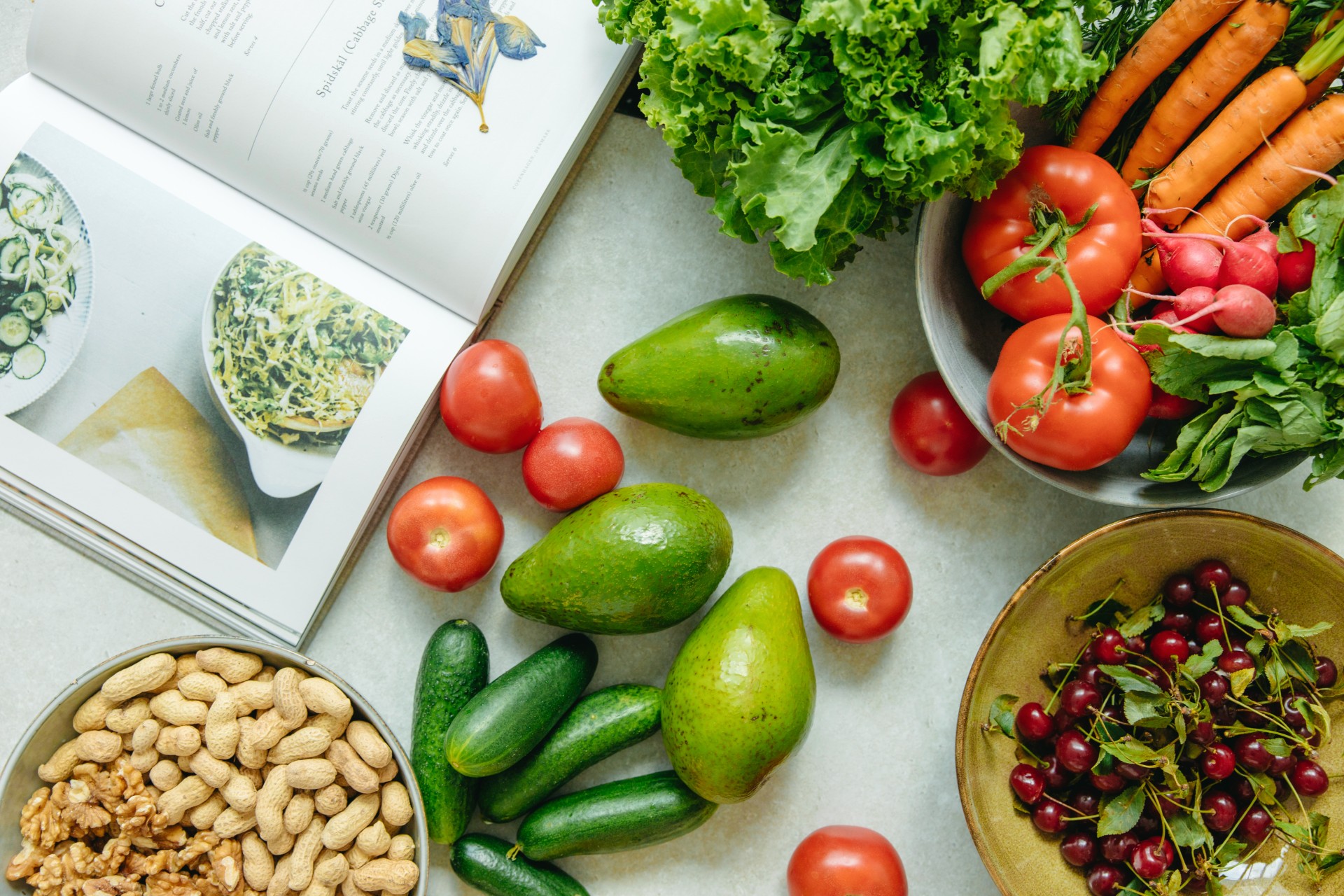The nutrition “experts” keep changing the rules as to what constitutes a healthy diet.
Back in the 1980s, they demonized fats and carbohydrates, and a proliferation of low-fat products filled supermarket shelves. But fast forward 30-40 years, and fats are now hailed as good (depending on the type of fat), and many now encourage a low-carb, high-fat diet.
In the 1990s, eggs got a bad rap for allegedly causing high cholesterol. Today it’s seen as one of the best protein sources.
One minute coffee is bad; the next it’s good for you, and so on. The conflicting news and shifting rules around healthy eating can be confusing and overwhelming, leaving some to just toss out the rulebook and find what works for them.
How Nutrition Has Evolved Over the Years
The history of nutrition dates back to the 1970s when the focus was on improved food output.
With enough farming efficiency and output, food processing began to speed up. When it came to infant nutrition, they said that formula was better than breastfeeding.
Back in the 1980s, everyone was interested in making healthy food choices. They tried to limit dietary components such as sugar, sodium, fat, saturated fat, and cholesterol. When there were food shortages, cereals were fortified with vitamins to increase access to micronutrients.
The 1990s had a whole new direction for diet and nutrition. The USDA introduced the Food Guide Pyramid in 1992. It represented the optimal number of foods we should eat each day from each of the food groups. There was also a rise in takeaway meals and eating out.
When the 2000s started, scientists discovered that the old food pyramid was wrong. It caused many problems such as obesity, diabetes, and heart disease. The USDA released a new nutrition guide known as ”My Plate” in 2011 to ensure that people will consume the right balance of food.
Some Fundamentals of Healthy Eating That Remain Unchanged (According to Nutritionists)
Healthy eating helps to maintain and enhance your overall health. We need to have a balance of different foods and nutrients in our diet. It also helps to prevent diseases and improve our quality of life. According to nutritionists, here are the essentials of any healthy diet.
Carbohydrates
Nutritionists say we have good and bad carbs…but the fact remains that carbohydrates are the body’s primary source of energy. We have three types of carbohydrates — sugar, starch, and fiber. They are all useful to the body but we must consume them in the rightful proportion.
Fruits and Vegetables
Every diet should include fruits and vegetables. They contain essential vitamins and minerals that help to support the body’s biochemical processes. They also contain antioxidants for fighting free radicals in your body and fiber to keep hunger and blood sugar in check.
Protein-Rich Foods
Nutrition experts advise that every individual should consume proteins every day. It offers benefits such as reducing appetite and hunger, maintaining the skin, muscles, and bones, and lowering blood pressure. The Recommended Dietary Allowance (RDA) for protein is 0.8 grams of protein per kilogram of body weight.
Highly Processed Foods
Highly processed foods are foods that manufacturers change or alter during preparation. During processing, they lose important nutrients such as vitamins and minerals. They may also add large amounts of sugar, salt, and fat. Nearly everyone considers such foods to be less healthy.
Hydration
Water helps your body’s systems to function and supports your health. It helps to maintain your body temperature, carries nutrients and oxygen to cells, lubricates joints, and helps to flush out waste products. Water has zero calories so make sure to stay hydrated all day.
Why Every Diet Doesn’t Work for Every Individual
No diet works for every individual because we have different needs. Rather than using a general rule, personalized nutrition ensures that dietary plans are specific to each person.
We need to consider personal information such as genotype, blood type, metabolic type, body measurement, eating habits, and lifestyle before suggesting a diet.
It’s important to consult a qualified nutrition counselor when searching for the perfect healthy diet. Make sure to look for a professional with some kind of credentials (these nutrition certifications are some of the best).
For example, a nutritionist who’s skilled in precision nutrition can recommend healthy diets based on unique characteristics such as gender, race, DNA, health history, and daily lifestyle habits.
Nutrition Trends in 2023
Since the Covid 19 pandemic, people are more concerned about their health and have become mindful of their diet. We are now interested in food quality, nutritional value, and are caring for their gut health and microbiome. Here are some nutrition trends that will continue in 2023.
Heightened Transparency in Food Production
Since the majority are seeking to know their food content, producers are now disclosing information about how and where food is manufactured or grows. They share such details through nutrition facts and a list of ingredients.
More Plant-Based Diets
According to plantproteins.co, roughly 6% of American consumers are vegan. This means that they don’t eat meat or any animal-based product. Instead, they stick to plant-based food such as legumes, nuts, whole grains, fruits and vegetables. People who aren’t vegan also try to incorporate plant-based food into their diet.
More Organic and Home-Grown Food
Organic products take up about 4% of U.S. food sales. They are available at farmer’s markets, natural food stores, and conventional grocery stores. From 2020 to 2021, organic food sales totaled $57.5 billion at a 2% growth.
Innovation and Technology
With computers and smart devices, people can now connect with certified nutritionists online and get the right nutrition advice. They can use nutrition and lifestyle apps to meet their healthy eating goals. They can also order organic and sustainable meals and get them delivered.













